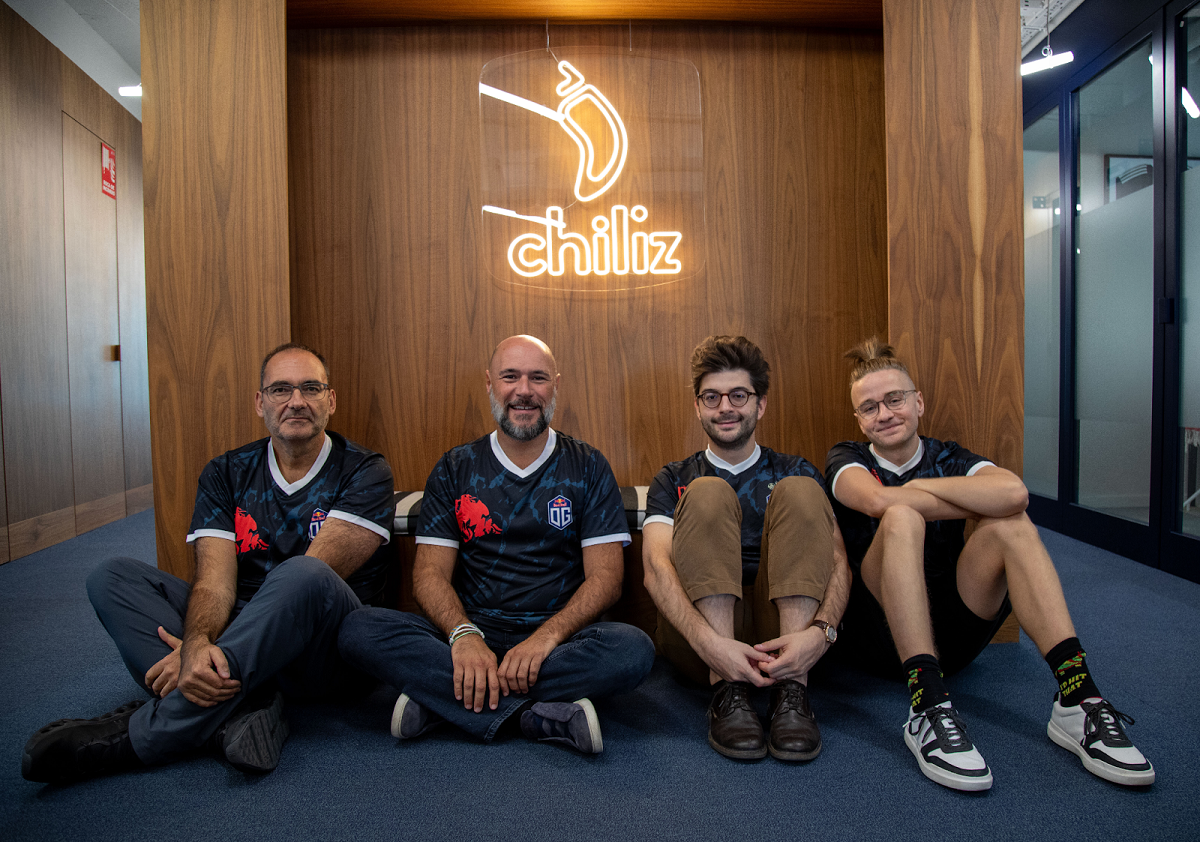Gambling in the USA
A quick peak into the changing future of US sports gambling
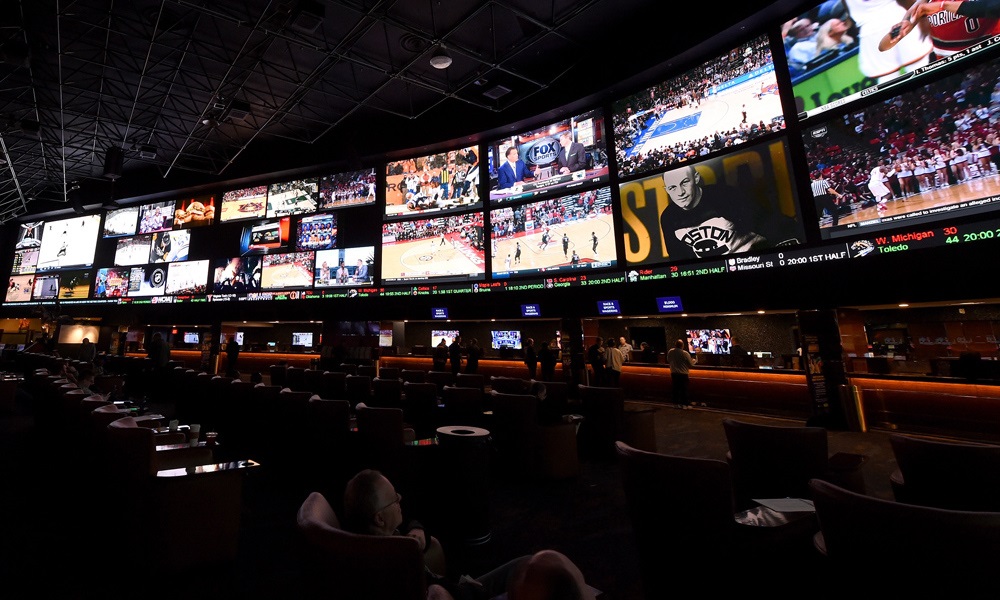
It was in 1992 that the US Congress passed the Bradley Act. It was introduced by the New Jersey Senator Bill Bradley, an NBA player in his youth. Officially, the Bradley Act is formally known as the Professional and Amateur Sports Protection Act, or PASPA. The legislation practically banned sports gambling in almost every US state. It was this law that the US Supreme Court has struck down recently.
The Exception to PASPA and How Nevada Benefited
PASPA was not applicable in the state of Nevada. Consequently, Nevada had a monopoly on the gambling in the USA. In almost three decades since the law went into effect, Nevada saw an increase in legal betting on sports of 172 per cent. That meant an increase of $1.8 billion per year to $4.9 billion, as reported by the UNLV Center for Gaming Research.
The Supreme Court Lays down the Law
To many, PASPA seemed an artifact of the pre-Internet era. Fantasy sports somewhat normalised the idea of gambling on games for millions of Americans. Betting on horses used to seem like a quirky vice to a small sector of the population. Fantasy leagues, for example, have now become the norm in sports such as baseball and betting among friends has turned into a common practice for masses of people.
On May 14, 2018, the Supreme Court struck down PASPA in a 6-3 decision. The Justices found PASPA to be an unconstitutional violation of states’ rights. The Supreme Court’s ruling now opens doors for states to legalise sports gambling. Moreover, many states appear eager to do so.
What the Future of Sports Betting Could Mean
So, what are some of the deliberations in terms of the pros and cons of legalised gambling? For one, as mentioned before, billions of dollars go into sports betting every year, not only in Nevada but off-shore foreign sites. When done via external websites, that’s money that’s under the table and untaxed by the United States. Places like Atlantic City, New Jersey are in dire financial situations and have double the unemployment rates than most of the country. As Dennis Drazin, who represents the Monmouth Park Race Track in New Jersey points out, criminals cashing in on illegal better are making out on the financial aspect. He claims we should figure out a legal way of going about it whereas Drazin says, “…it can be regulated; it can be taxed” in addition to providing revenues for local businesses.”
The opposition to sports gambling, however, was meant to protect the integrity of the game. It was set in place to prevent match or game fixing, with bribing for example. Will fans have to worry about padded, secret handshakes affecting the outcome of games? Or will states benefit from the masses of tax revenue once each state individually passes legal betting?
Source: UWM Post
-

 Asia5 days ago
Asia5 days agoDigital gaming disruption tackled in 1st AsPac Regulators’ Forum
-
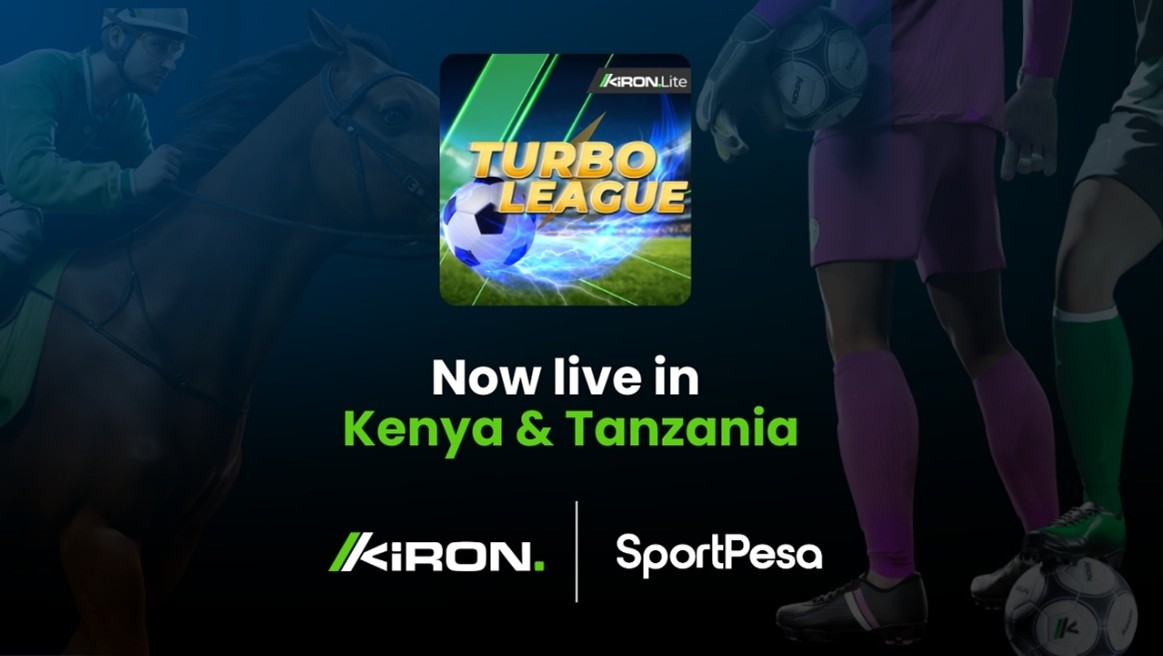
 Africa7 days ago
Africa7 days agoKiron announces the launch of its new virtual football title, Turbo League, with SportPesa in Kenya and Tanzania
-

 Aquisitions/Mergers7 days ago
Aquisitions/Mergers7 days agoNOVOMATIC successfully completes sale of ADMIRAL Austria to Tipico and focuses on international growth markets
-
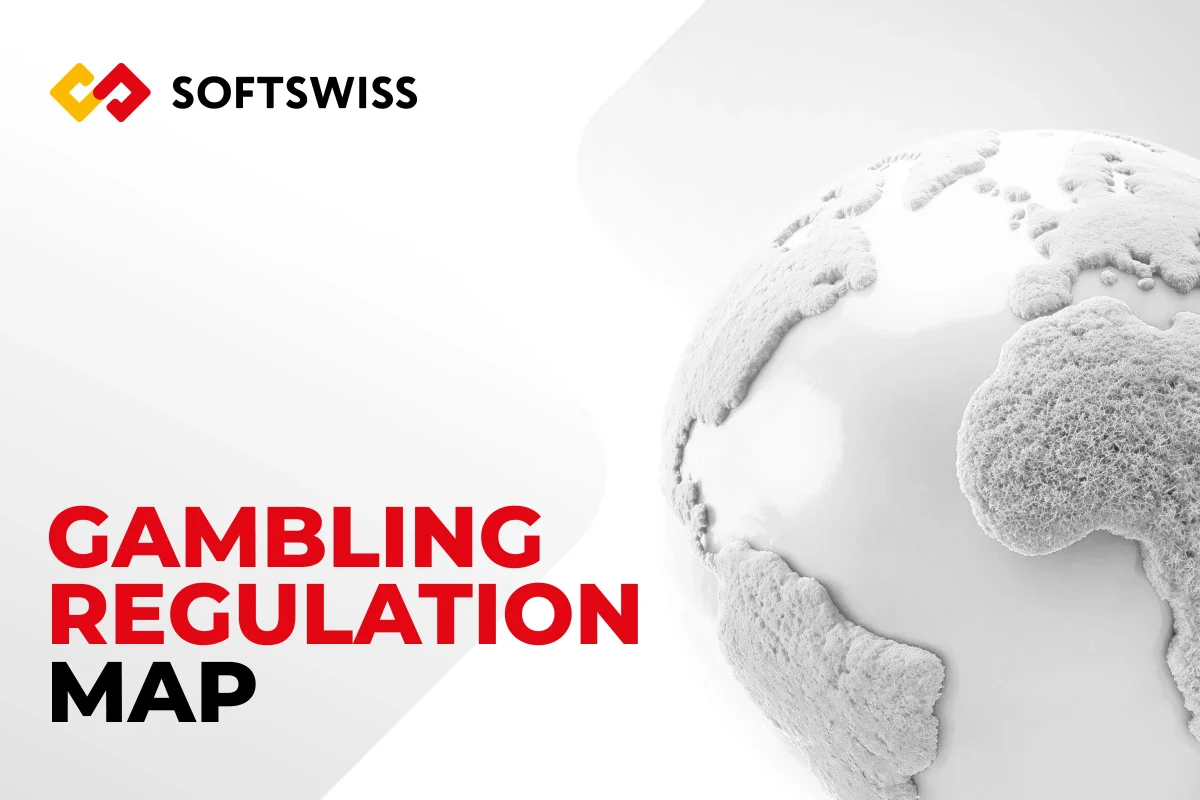
 Compliance Updates6 days ago
Compliance Updates6 days agoSOFTSWISS Releases Gambling Regulation Directory for iGaming Operators
-

 Compliance Updates6 days ago
Compliance Updates6 days agoAlternative Dispute Resolution (ADR) Role and Certification
-
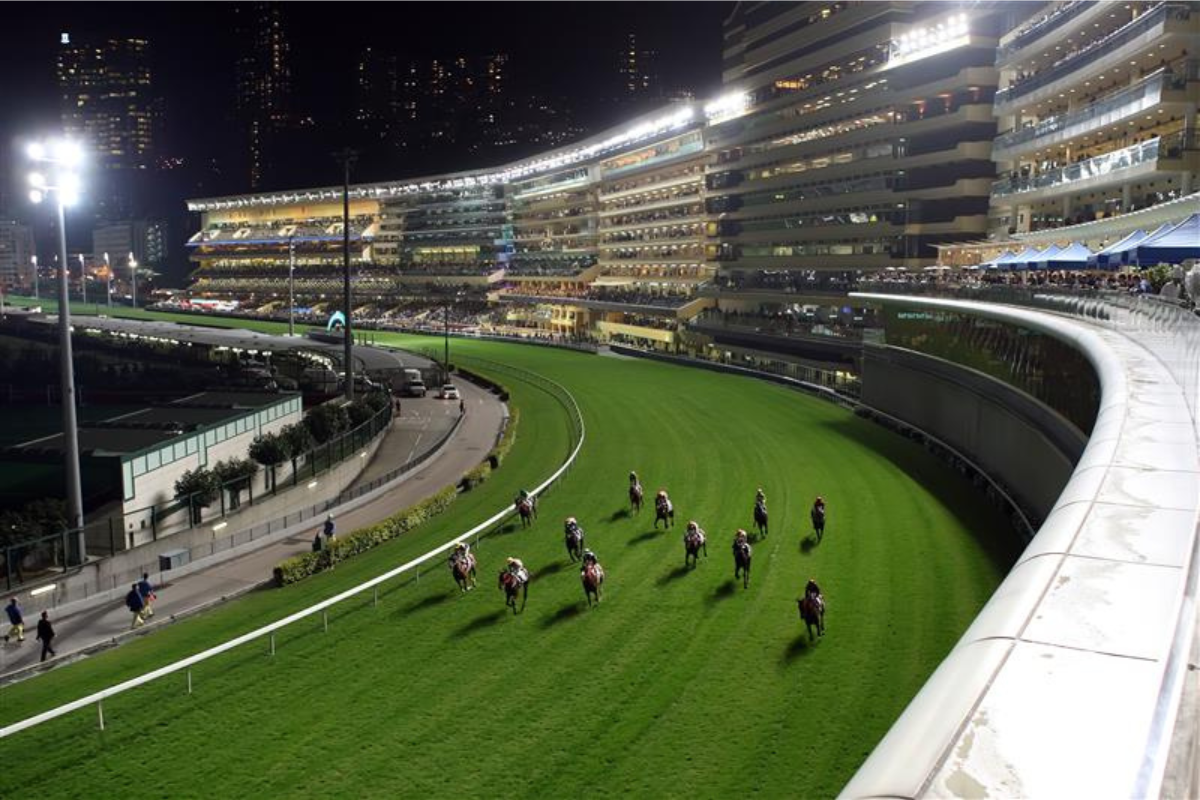
 Asia6 days ago
Asia6 days agoiRace Media extends partnership with The Hong Kong Jockey Club in Asia
-

 Central Europe7 days ago
Central Europe7 days agoSYNOT Games Delivers Bespoke Games Exclusively for SazkaHry.sk in the Slovak Market
-

 Industry Awards7 days ago
Industry Awards7 days agoPG Soft wins Best Slot Provider at SiGMA Euro-Med Awards 2025











